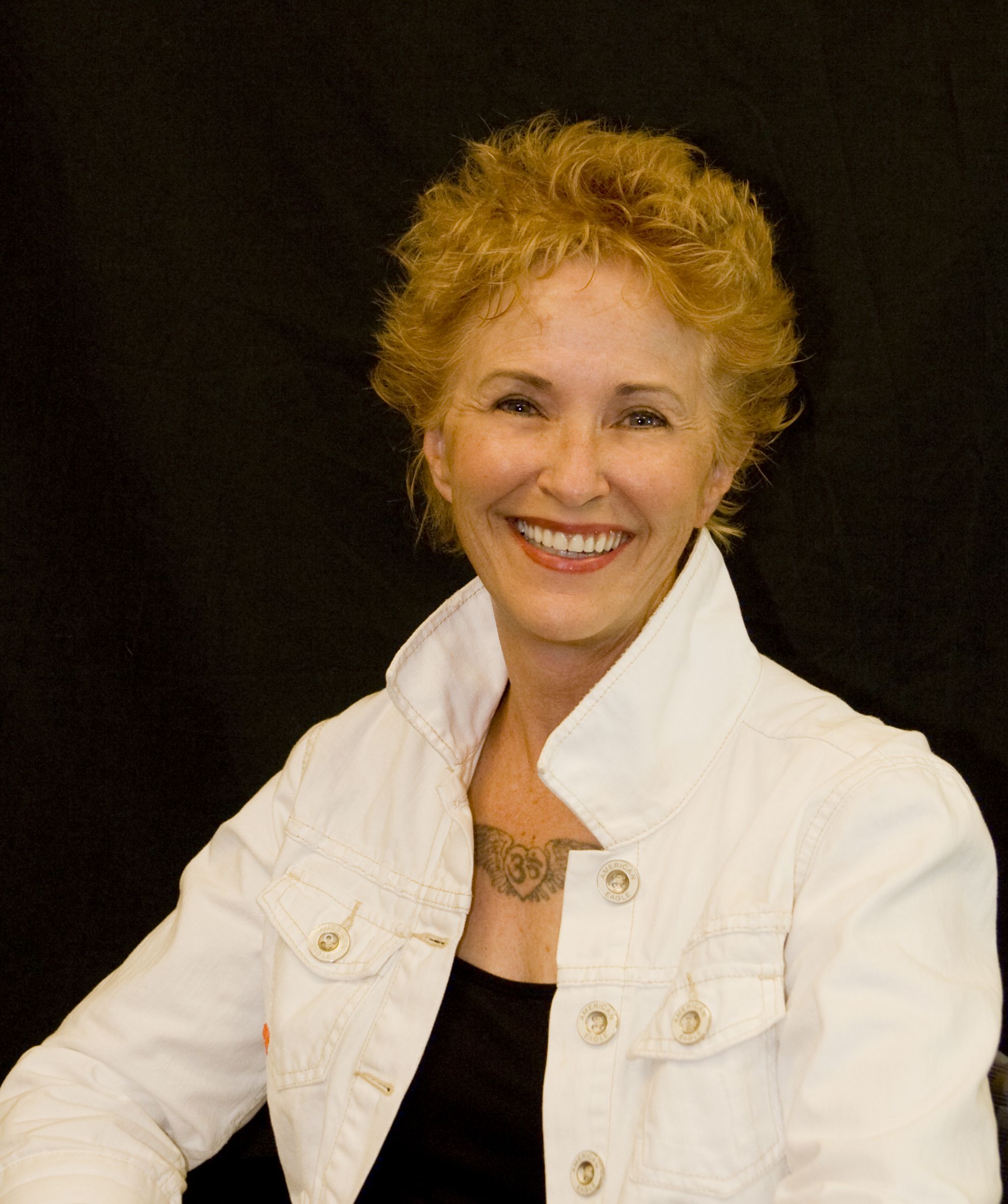Educational background:
Screenwriting workshops with: Robert McKee, Gordy Hoffman, Michael Hauge, Viki King, etc.
Creative writing classes: University of Colorado at Boulder. Lighthouse Writers, Denver. Queens University of Charlotte, NC.
Graduate of The Neighborhood Playhouse School of the Theatre, NYC, NY. Classes in acting, voice, dance, etc.
Graduate of John F. Kennedy University, Orinda, CA -- BA in Behavioral Sciences (an eclectic mix of history, psych, art, theater, religion); Masters classes in Psychology
Brief bio:
I was a military brat growing up; we moved every couple years throughout America and lived for a few years in Japan. I've held various business positions, but my passion has always been reading (particularly memoirs, biographies, histories), watching/analyzing great films, and writing (screenplays, short scripts, a novella, a musical theater piece, and several dramatic monologues for charity fundraisers). I have a brilliant (quantum-physicist) son, a beautiful and smart daughter-in-law, and two gorgeous little grandsons.
Website: I do not currently have a website, but have one in the planning stages (Skye Croft Productions)



